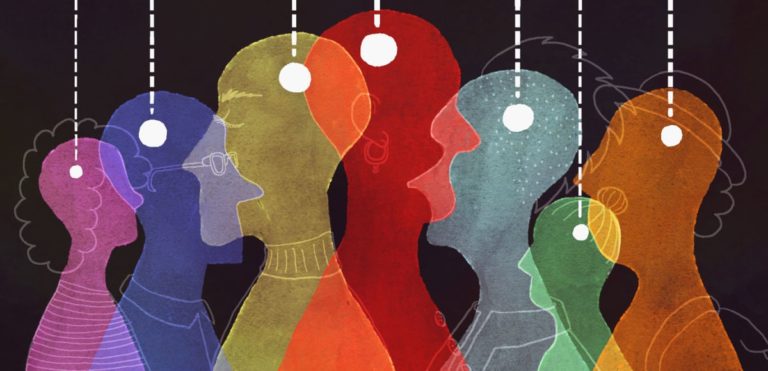If an “award” were ever given to Canadian governments for their most botched-up policy area, nothing could trump the health file. Ever since the 1960s and the arrival of universal coverage (the one signature achievement Ottawa and the provinces can justifiably point to) the various governments have otherwise made a hash of our health.
Some might argue health care isn’t so bad and assert no Canadian goes bankrupt. And the inevitable comparisons will be made with the United States and how that system falls short.
But the clichéd U.S. comparisons ignore the problems within our own system. Our waiting lists may not bankrupt people. But our health care queues prolong the pain of those who suffer. In the very worst outcomes, waiting lists kill patients who don’t receive treatment fast enough.
Then there is our inefficient delivery method. Misnamed “defenders” of Medicare mistakenly presume greed disappears if governments label something public and give control of the health care system to large, quasi-monopolistic health care unions.
All that does is institutionalize greed, subject governments to the whims of monopolists, and mess up proper compensation such as not paying general physicians enough but unionized pressure groups more. That approach prevents public, private and non-profit hospitals, clinics and staff from competing to deliver excellent service in the most cost-effective manner.
Lastly, there are the swings between government-managed health care at the local level (regional health authorities such as in British Columbia) and the assumption a “super board” will be the answer to all that ails us (Alberta recently moved to this model)–which misses the larger point on monopolized service delivery regardless of whether the top bureaucrats are in one board or dozens.
Pathetic as all such policy mistakes have been, they pale when compared to the biggest cock-up: how baby boomers neglected to pre-fund their health care.
Many baby boomers will rightly object to being lumped in with past policies they didn’t support so blame past political leaders if you want. But consider why such a lack of pre-funding matters: because the baby boom generation, the largest cohort alive, is hitting retirement age, precisely when more health care is needed.
Consider the baby boom bulge and how it will put pressure on provincial health care budgets. In 1956, only 7.7 per cent of the population was age 65 or older. By 2006, that figure almost doubled to 13.7 per cent. Using a medium growth scenario provided by Statistics Canada, by 2011, the over-65 cohort will be 14.4 percent, 16.4 per cent by 2016, 18.7 per cent by 2021, 21.2 per cent by 2026, and 23.4 per cent by 2031.
Looking back, had governments paid attention over the last several decades, they would have initiated something known as medical savings accounts. Think of them as the medical equivalent of RRSPs or even the Canada Pension Plan which, after 1997, began to pay attention to demographic realities. It changed from a pay-as-you-go pension system to a partly pre-funded one. (The CPP is not perfect there either but that’s another matter.)
Singapore initiated medical savings accounts decades ago and they make eminent sense. The basic concept is each person must save a portion of his/her income to be withdrawn only for medical needs as they arise. They are not the only reform needed but because they are tied to individuals, they help a society adjust to demographic realities. Had politicians in 1956 or even 1986 been far-sighted, such funds would now be available to transition the baby boomers into better health care.
Dr. David Grazter, a Toronto and Manhattan physician originally from Winnipeg, recommended such accounts ten years ago in Code Blue, his award-winning book on Canadian health care. Former federal Tory cabinet minister Don Mazankowski served up a version of the same in his recommendations to the Alberta government earlier this decade.
Canadians are about to endure some painful cuts in health care because there is no other choice: Run deficits for long and the extra interest payments cut into what’s available for doctors, nurses and hospital beds.
Medical savings accounts won’t solve all of Medicare’s ills but they make sense in contrast to global health care budgets which are understandably directed to respond to immediate needs as opposed to future needs. But that’s why such accounts are needed. Their non-introduction has been the biggest missed opportunity of the past half-century.






